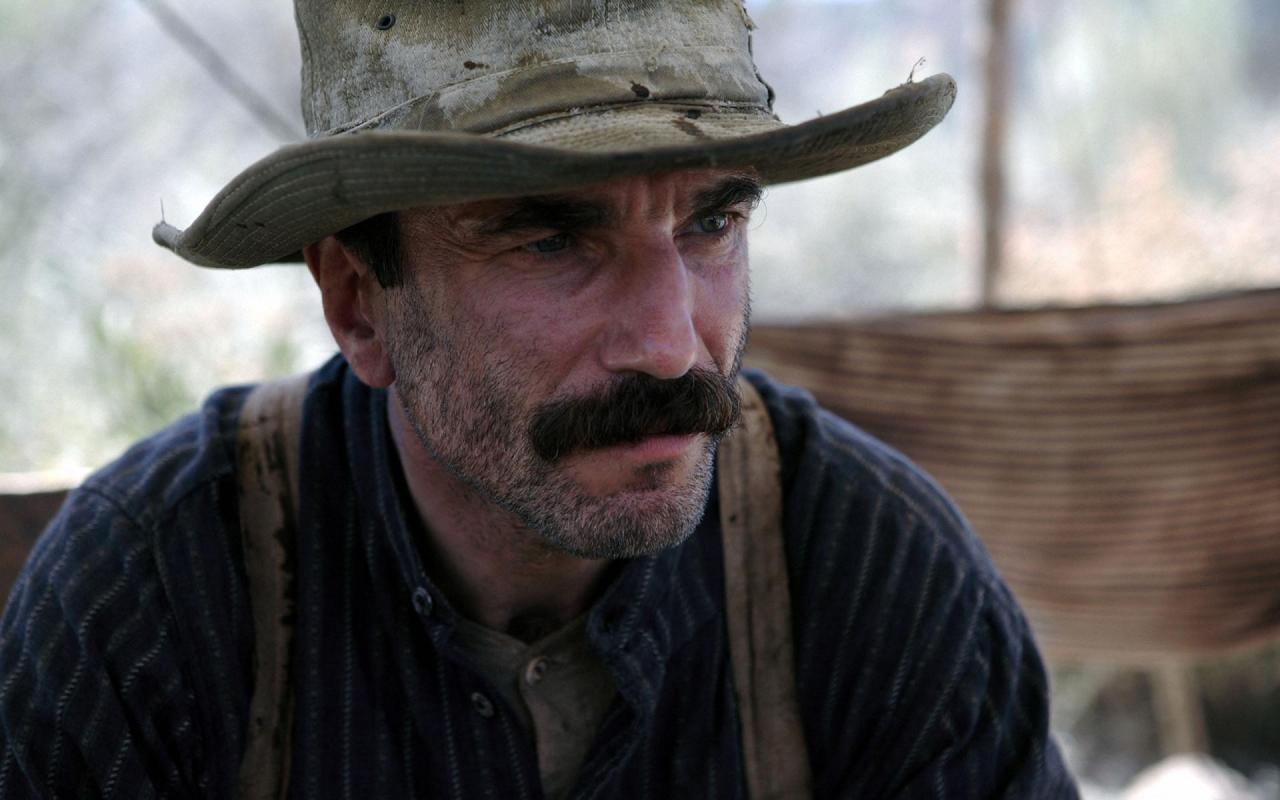
Humans are like lions; if they have the opportunity to seize power from somebody, they’ll take it, as “The Lion King” clearly depicts. Humanity’s desire to rule over others is so universal and anthropologically ancient that almost everybody can identify with it, from the monkeys in “2001: Space Odyssey” to the Third Reich in Nazi Germany. The struggle for power is an essential element in most human relationships, including the funniest subject to discuss at dinner tables, politics.
As a professor once told me, watching how an individual changes after acquiring authority, and then how they act when they lose said power, is incredibly entertaining to watch.
This is why we’ve put together a list about movies in which characters are seduced by the allures of power, right up until they become monsters and villains.
10. Wall Street

Setting up the outline for every movie taking place on Wall Street (or any movie about the economy in general) that “The Wolf of Wall Street” would later perfect, this film features Bud Fox (Charlie Sheen) as he tries to become a venture capitalist, or “evil itself”, as some call them.
For in doing so, he has to sell his soul to the metaphorical devil that is Gordon Gekko (Michael Douglas). In a very Faustian style, Gordon promises Bud a life of infinite pleasure, if only he chooses to get some illegal information that would help Gordon win a hell of a lot of money. The protagonist is reluctant at first, but Douglas’ character is a master at negotiating and manipulating, as Mephistopheles himself.
Sheen’s character starts off as an unhappy but morally responsible guy, who is naive enough to believe that malicious entrepreneurs like Gordon Gekko get to the top by choosing the honest way. He is also close with his father, who then he foolishly betrays and chooses to get some more illegal information to make amends.
From the start, Bud’s journey is centered on money, until he realizes that all the goods, girlfriends, and power he got were just that: money. He finally understands that real relationships, friends and family are not bought, but carefully and patiently built with time.
His veil is removed in time, but he still has to pay for his crimes. Although the movie does get a little preachy about director Oliver Stone’s hatred of capitalism, it’s certainly interesting to see Bud Fox’s transition.
9. Macbeth
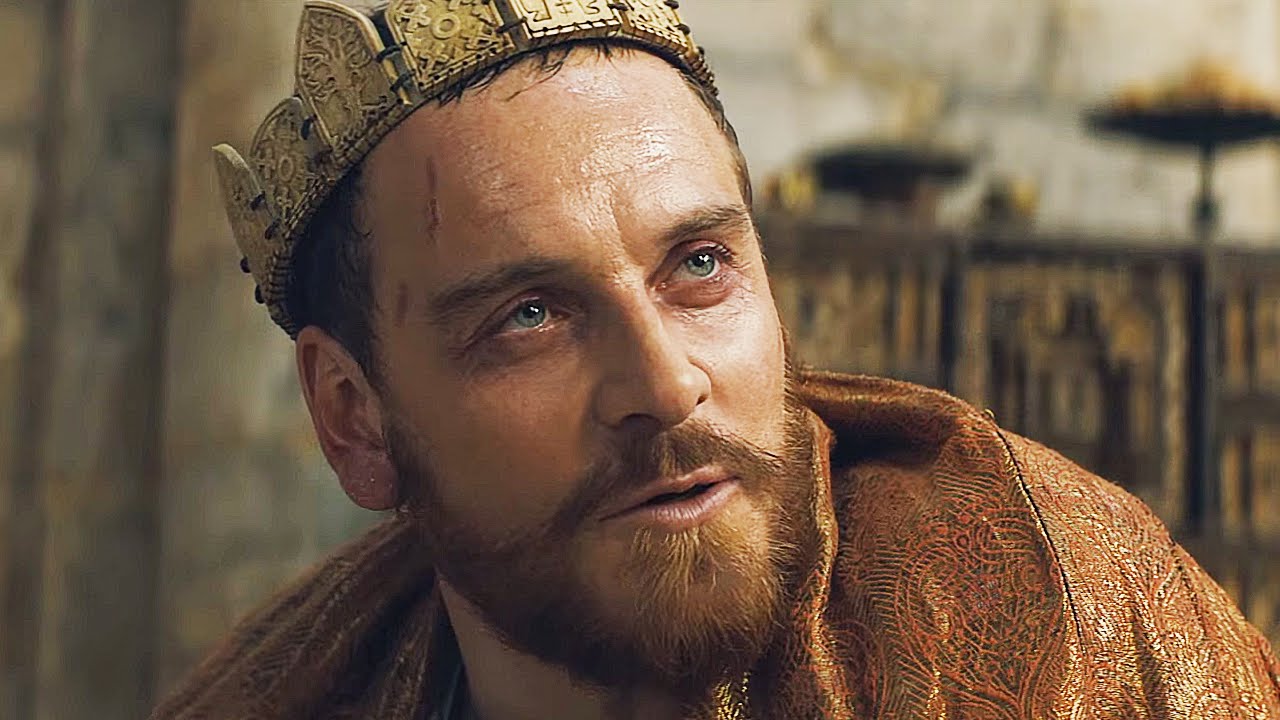
Macbeth was just your average kickass warrior, until he won an epic battle and got a prophecy from three future-watching ladies; they claimed he was the soon-to-be king. So, in his thirst for power, he murders the current ruler and finds no resistance in getting to the throne.
After claiming the former king was cruel and unjust and that his ruling was meant to be, Macbeth becomes a total maniac, swallowed by a pit of guilt and shame. He tries to assassinate anybody who is under the slight suspicion of betraying him, children included.
Michael Fassbender’s character slowly descends into madness under the baffled look of his wife, who didn’t knew that his new sweet position would rot his soul.
The actor is great in portraying the decadence of Macbeth. His evil smile contrasts with his mighty fighting skills depicted in the visually stunning battles. Cinematographer Adam Arkapaw is certainly a master in his craft.
8. The Last King of Scotland
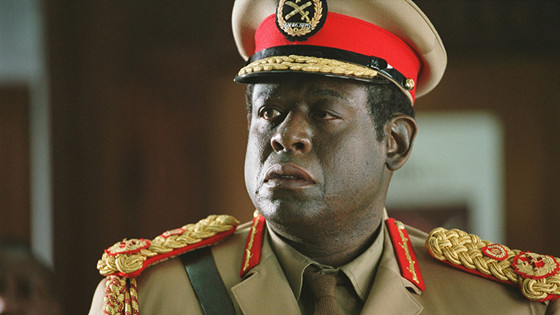
There’s an interesting disjunctive that I can’t quite get my head around: how many dictators have good intentions before obtaining power, and get corrupted when they are finally able to improve their countries? How many are fueled by their greed and personal gain from the start?
I think it’s impossible to know for certain in most cases. However, according to what I’ve gathered from this film and a few websites, Ugandan dictator Idi Amin can be classified in the first category, meaning that he actually wanted to get his country out of its misery, but when he realized the amount of power and freedom he possessed, he preferred to take good care of his family, and completely forget about the hell that millions of Ugandans were enduring.
Forest Whitaker does a great job at portraying the insane maniac Idi Amin became. His easygoing nature evaporated bit by bit, and the dictator turned into a complete maniac whose only concern was to eliminate his enemies. His paranoia grew to such an extent that he ended up causing the death of up to 300,000 Ugandans.
The movie doesn’t try to be historically accurate; instead, the director takes us through an interesting character study. Analyzing the mentality of the Ugandan ruler is a great way to understand the dictatorship phenomena.
As the film portrays, a dictator’s deepest fear is losing his absolute power. This makes them capable of doing horrible things in order to warrant their political control. The main character in “The Last King of Scotland” no longer considers other Ugandans as equals, which makes it easier for him to have whole communities murdered or exiled on a paranoid whim.
7. City of God
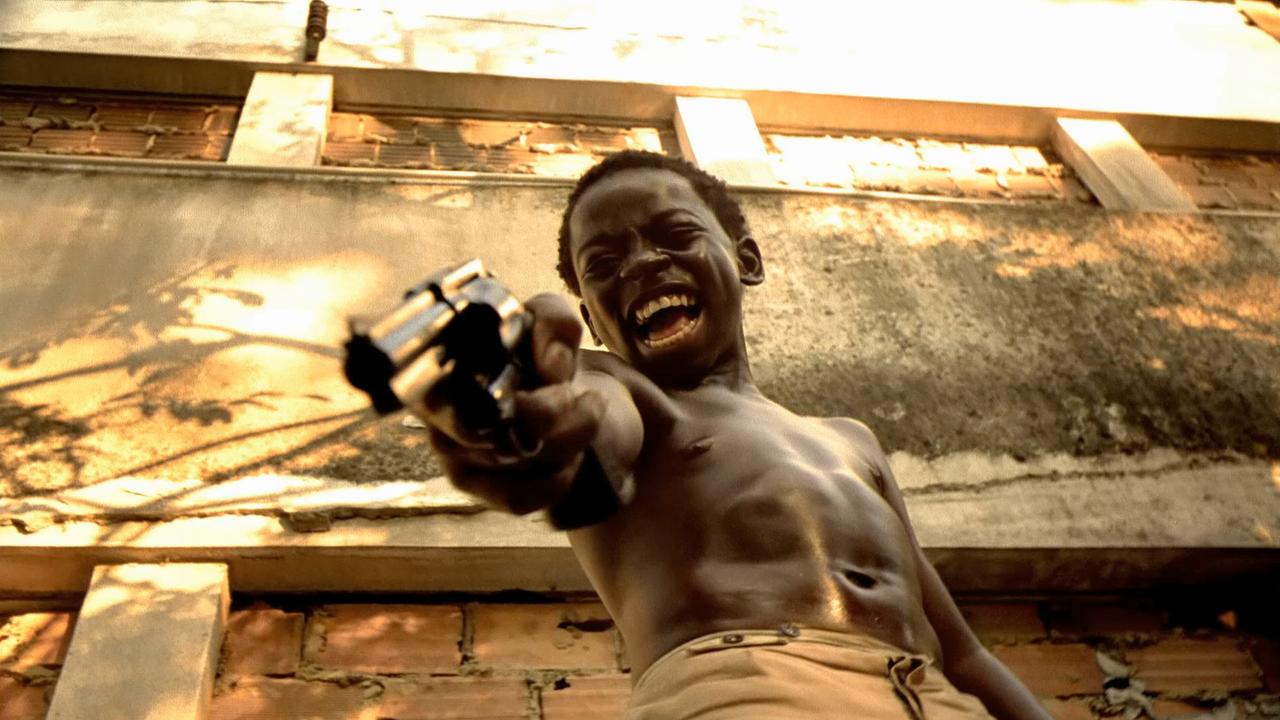
This film contains multiple storylines, as the director tries to paint a broad and complex picture of the messy and dangerous lives the inhabitants of “City of God” (an immensely violent real life favela) endure. The main one, however, is about a boy named Dadinho. He inhabits a very poor and tough community, and the only role models he knows are teenaged criminals.
Dadinho seems like a normal child of his age, until he’s given a gun. At the beginning of the movie, he’s treated badly by older boys; they all consider him just a silly kid, which he doesn’t like at all. When he holds his first pistol, Dadinho realizes that he can be as dangerous and scary as anyone, as long as he has a gun between his fingers. The kid soon starts murdering others for money, recognition and fun, always accompanied by his best friend, Bené.
As time passes, Dadinho murders people like it’s his job. Naturally, it only takes him a few years to become the most respected and feared criminal in “City of God”. A shaman gives him an amulet for luck and changes his name to Zé Pequeno.
Zé Pequeno gets addicted to a quite common kind of power, the one a loaded gun provides. The only thing he knows how to do is murder people. He hides all of his frustrations and insecurities behind this ability; although, from time to time, the awful monster he has become is left uncovered, which turns out to be fatal to his fellow criminals and enemies.
Tragedy is everywhere in “City of God”. Its gritty tone and cinematography, and the unusual acting and casting methods used by the filmmakers, provide it with a unique charm that makes the movie a great watch.
6. The Last Emperor
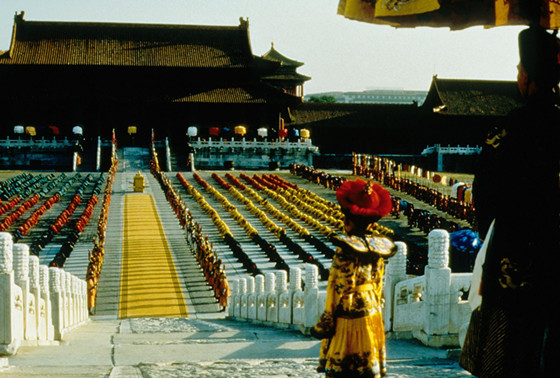
This visual jewel by Bernardo Bertolucci is a great example of how unlimited power and a reclusive life can shape an individual’s personality.
It tells the story of Pu Yi, a small child who is treated as a god from a very early age, as he is the former emperor’s heir. He lives in the Forbidden City with hundreds of servers who comply to his every whim. However, he has to follow a series of strict traditional procedures in his daily life and isn’t allowed to go outside, nor behave like a normal child, due to ancient imperial etiquette. Pu Yi is estranged from his family, which makes him very lonely.
In a strange paradox, Pu Yi is worshipped by everyone he meets, but doesn’t really possess any say in the political matters of China. These were times of revolution; the Chinese no longer wanted to be ruled by an emperor, so they created a republic and kept Pu Yi’s special treatment as tradition.
However, he’s kicked out of the Forbidden City soon after. Pu Yi is still rich so he lives in luxury, but he realizes that life is miserable without special divine treatment. He allies with the Japanese, who name him emperor of a new country that they control. Again, he doesn’t possess any political power.
The illusion of power is the recurring theme of the film. Pu Yi is eager for any kind of control and privilege; he’s incapable of living a normal life, he treats everyone like mere servers, and is very arrogant. This delusion corrupts him as he betrays his country in order to grasp any minuscule position he can get. Ironically, he lives as a puppet for somebody else his whole life.
The cinematography in “The Last Emperor” is a solid 10 out of 10. Cinematographer Vittorio Storaro is a master in using light for emphasizing a line of dialogue or a gesture. Every scene seems magical as the environment reacts and represents what the characters are experiencing. His management of color is amazing as he plays with different textures and tones for constructing beautiful images.